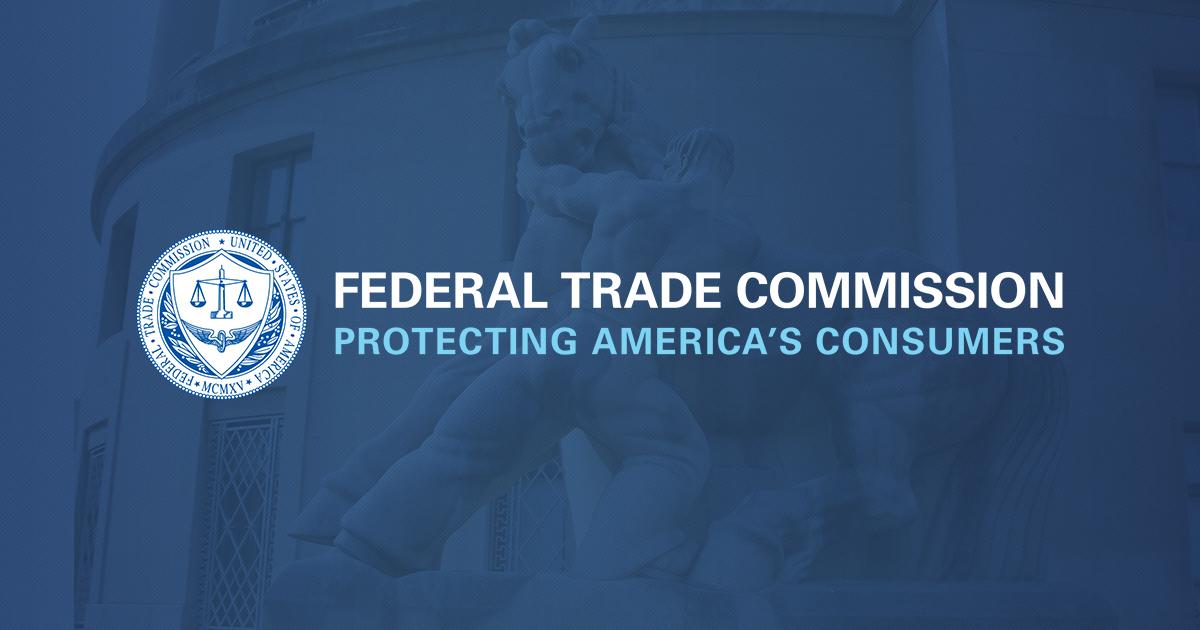So as I understand it, Google’s using it’s monopoly market position to force web “standards” unilaterally (without an independent/conglomerate web specification standards where Google is only one of many voices) that will disadvantage its competitors and force people to leave its competitors.
I’m not a lawyer, and I’m a fledgling tech guy, but this sounds like abuse of a monopoly. Google which serves 75% of the world’s ads and has 75% of the browser market share seems to want to use its market power to annihilate people’s privacy and control over their web experience.
So we can file a complaint with FTC led by Lina Khan who has been the biggest warrior against abuse by big tech in the US.
https://www.ftc.gov/enforcement/report-antitrust-violation
We can also file a complaint with the DOJ:
https://www.justice.gov/atr/citizen-complaint-center
And there have to be EU, UK, Indian, Chinese, and Japanese organizations that we can file antitrust complaints to.



Because for a long time Chrome was just much faster. It wasn’t until a couple of months ago that Firefox started becoming performant enough for me to use as a daily driver. Even then, there’s still issues with how slow it takes Mozilla to implement new web technologies like WebGPU, etc.
Yes because a bit faster short term, is worth sacrificing you freedom long term?
I will never get people like you.
Waaaaaaay more than “a bit”. Like “imperceptible render time” vs 2s for firefox. That adds up a lot.
What freedom did I lose? I used chromium mostly.
Firefox has performance now, where it did’t in the past. So I don’t use chrome now.
See, I use the best tool for the job I can find, and that changes over time. For a while the was Chrome.
What freedom did I lose?
It’s impossible to know which freedoms we have lost due to Chrome dominance. But from an ecosphere view point, you can see it very clearly on for instance iOS, where you can’t sideload apps, and Apple for years prevented subscriptions to papers if they had any kind of nakedness. We only register those limitations when compared to options that don’t have them.
On Gaming you have consoles, that are also somewhat closed ecospheres, where you cannot develop freely like on PC. Games that exist on both console and PC, often have way more options like downloadable mods often user generated. Those do not work on consoles, because the control from the owner of the platform has not allowed/facilitated it.
In the same way there are closed Google/Alphabet ecospheres like Android, Google search and YouTube, which together with Chrome browser dominance can be used to achieve competitive advantages that keep out competition.
The fact that they may not have succeeded, does not mean there was no danger. But there is evidence that they tried. For instance they tried to kill Firefox, by making services like Google maps not work 100% with Firefox. We now see Google has removed Jpeg XL support from Chrome. So your freedom to use that format has been taken away. They are preventing adblockers from working with a double sided strategy, on both Chrome AND Goggle services. So they are trying to take your freedom to use adblockers away too.
I bet there are 100s cases we don’t know about, because mostly such things are done stealthily, some times they may not even be on purpose, but more for practicality. But the end result remains the same. Creating a closed ecosphere with very dominant control by one player, is almost guaranteed to limit your options long term. And limiting options is equal to taking away a bit of freedom.
Most people have no idea or don’t care at all about privacy on the internet. Google has a solid set of “free” services that work well and a good enough reputation to convince them.